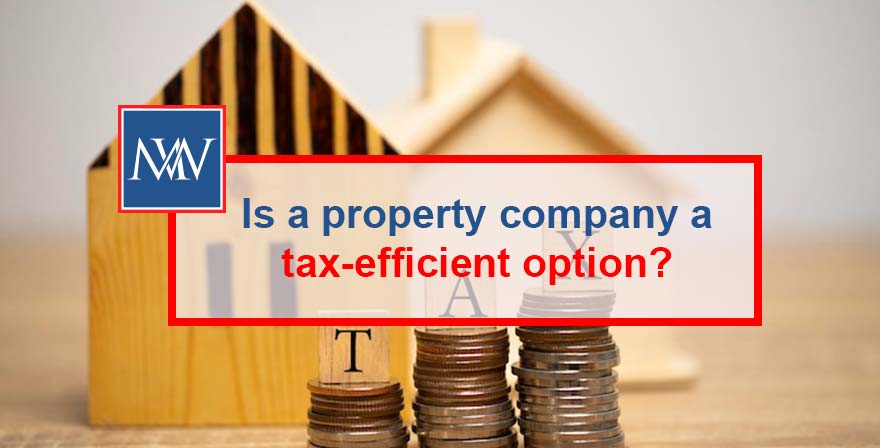In recent years, there have been changes to how unincorporated landlords are treated for tax purposes, especially when it comes to interest relief. This has caused more landlords to rent out their properties through a company. What do you think?
We look at some of the things to think about when making a decision.
Separate legal identity
The people who own a company are not the same as the company itself. A company has to be registered at Companies House and has to file an annual confirmation statement and annual accounts. If the people behind the company want to use the money for themselves, they have to take it out of the business. This may cost them in taxes.
Incorporating an existing business
If the landlord already has a property rental business that is not a corporation, he or she may just choose to turn it into a corporation. But SDLT will have to be paid again, since it was already paid when the landlord bought the property in the first place. Since the company is related to the landlord, this will be based on the property’s market value and, for a residential property, at the additional property rates, since the 3% supplement applies no matter how many residential properties the company owns.
Depending on the market value of the property, the landlord may also have to pay a capital gains tax if the property is sold to a company. But if the landlord gets shares in exchange for the business, there may be a way to delay the gain until the shares are sold. This is called “incorporation relief.”

